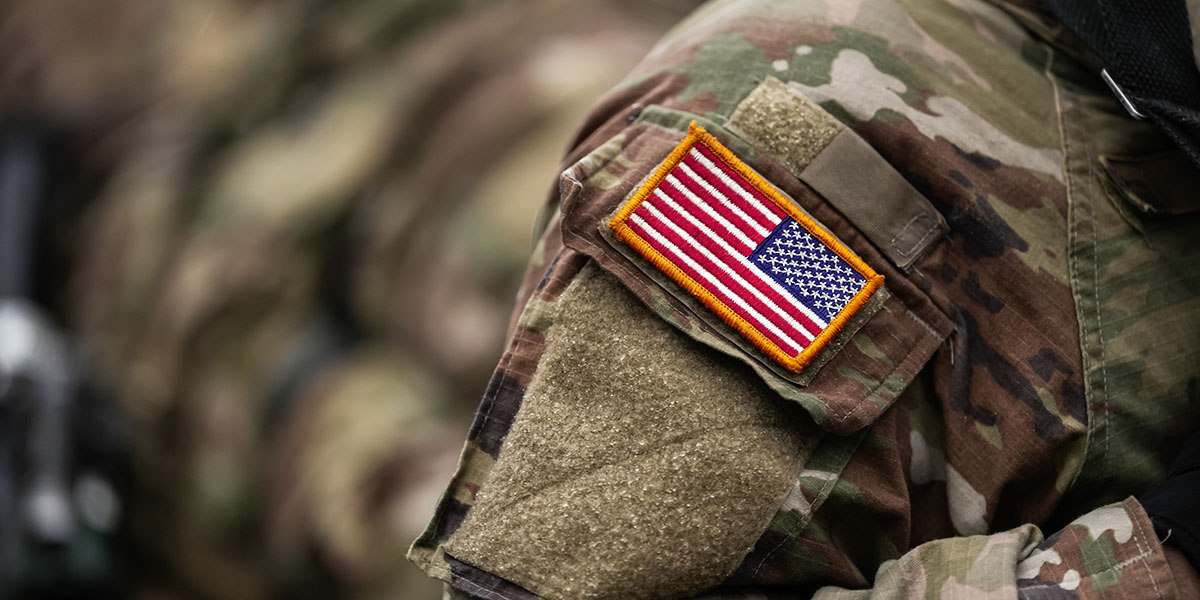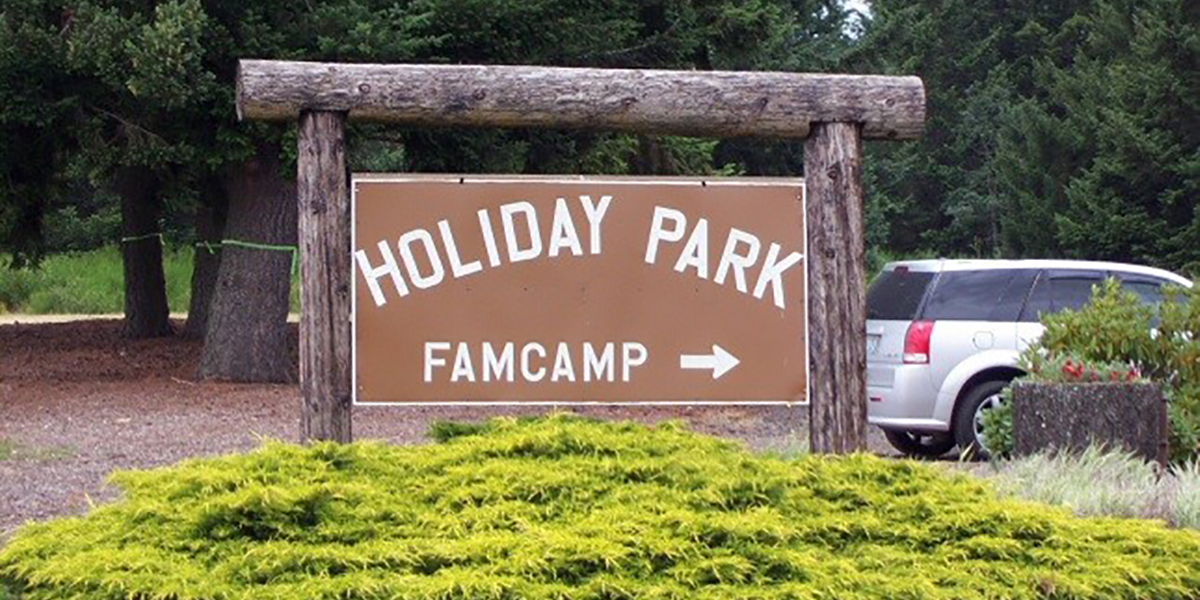For travelers hoping to visit Big Bend National Park in Texas, there may be an unfamiliar sight among the flora and fauna: the U.S. military. About 500 troops from the Army’s Fourth Infantry Division at Fort Carson, Colorado, are on the ground at Big Bend. What’s happening?
Statement From the Army
The deployment is part of a stated effort to help curb illegal immigration., according to Marfa Public Radio. This is part of a broader military push along the southern border.
“We will not be actively on patrols,” Maj. Jared Stefani, who is leading the Big Bend area Army battalion. “We’ll be at detection and monitoring sites, to provide that information to Border Patrol, to then go out and do their law enforcement function.”
Stefani clarified that while troops will be providing support to federal agents, they will not be arresting individuals suspected of immigration violations. In a separate agreement between Texas and the Trump administration, some National Guard soldiers have been deputized to carry out immigration arrests.
In addition to the personnel, there is also a deployment of eight-wheeled armored military vehicles called Strykers, which are designed to navigate rough terrain. While the plan is to have those vehicles not be armed, “if the mission dictates for security purposes that we put our weapons systems on those Strykers, then they will be put on the Strykers,” said Stefani.
Statement From the Park
According to the National Parks Traveler, officials confirmed troops were inside the park and added that, “we are cooperating to ensure minimal impacts to the park and our visitors. Visitors are still welcome to explore the park, and we do not anticipate impacts to park operations or visitor services at this time. We are actively monitoring the impact of border activities on park resources, visitors, and employees. The park has provided [Department of Defense] with information to minimize any impacts to the park and its visitors. At this point in time, DoD/TXNG are not engaging in any activity that requires additional authorizations from NPS.”
What This Means for Visitors
Based on the statements provided by the Army and the park, the military’s presence should not affect those wishing to visit Big Bend National Park.
About Big Bend National Park
Big Bend, one of the largest national parks in the country, is also the most visited in Texas, attracting 561,458 visitors last year, according to the National Park Service. The park covers over one million acres of land in west Texas, encompassing the Chisos mountain range and a large swath of the Chihuahuan desert. Known for its abundant biodiversity, it’s also a destination for stargazing with one of the darkest night skies in the U.S., as well as for paleontology for the sea fossils, dinosaur bones, and volcanic remnants that showcase the park’s geological history.


 FMCA
FMCA